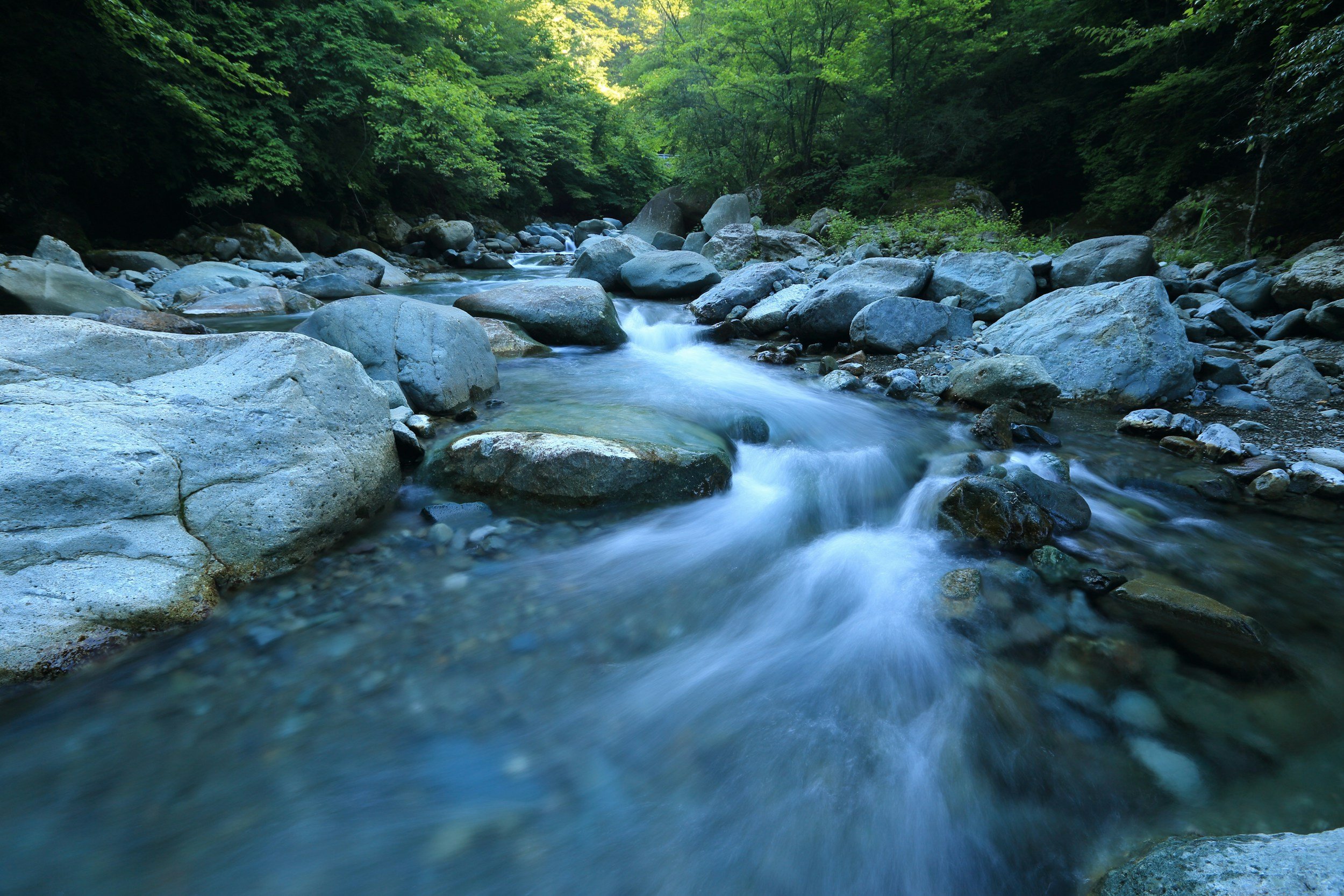Land-centred Learning and Thriving Communities
Through learning from the land and developing reciprocal caring relations with more-than-human kin, students come to know the territories we are on, the beings who live here, and the colonial histories of this place, contributing to a more wholistic and interconnected view of the world and an understanding of their place within it.
-Cher Hill
As scholar I am deeply committed to research that advances anti-colonial, relational land-centred, and critical place-based learning. As an educator, I endeavour to support learners in developing joyful, educative, and caring relationships with the land.

My scholarship responds to three essential questions:
How can we support students to develop reciprocal, respectful and endearing relationships with land?
How can newcomers to these lands (settlers) learn about and become accountable for the ugly history of colonization in this place?
How can we learn to live well together?
There is something special about being out on the land that brings people together in supportive and respectful ways.
When students walk in the woods together, they often feel more like friends than classmates. As the authentic sharing of dreams, fears, and vulnerabilities flow, we are confronted with what it means to be human.
I have had the honour of working collaboratively with Elder Rick Bailey from q̓íc̓əy̓ First Nation for the past seven years to teach students and community members to care for salmon like family.
This work has been supported by numerous grants, including a SSHRC Insight Development Grant.
Working with q̓íc̓əy̓ Elder Rick Bailey and Contemporary Coast-Salish artist Carman McKay, we explored how we might engage with the complexities and complicities of settler colonialism through the collaborative creation of a school mural about the Katzie Slough – yesterday, Today and Tomorrow. This project involved inviting traces of the past to "haunt" the present, and call forth anti-colonial futures, calling for justice for the Slough and her inhabitants.
I have the privilege of serving as the North American convener of Dr. David Rousell’s (RMIT) Critical Forest Studies Collaboratory. The Collaboratory brings together diverse scholars from around the world to re-imagine how we might engage with and learn from forests differently.




